California's Worst Law - And What's Behind the Repeal Movement
Capital and Main
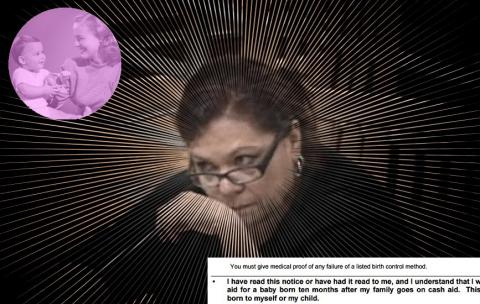
This year, State Senator Holly Mitchell, (D-Los Angeles), introduced Senate Bill 23, a repeal of the Maximum Family Grant rule, on the grounds that it has only driven poor women deeper into poverty, and done nothing to reduce the birth rate of women on welfare. That assertion has been supported by several studies, including one from the University of California, Berkeley and another from Cornell University.

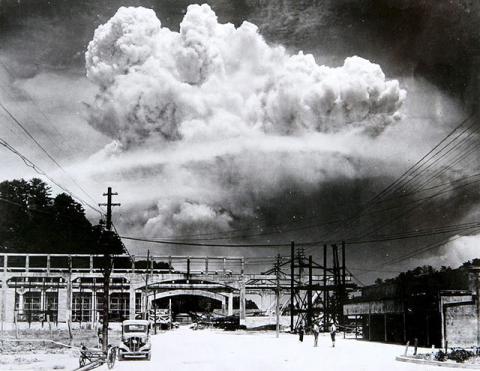
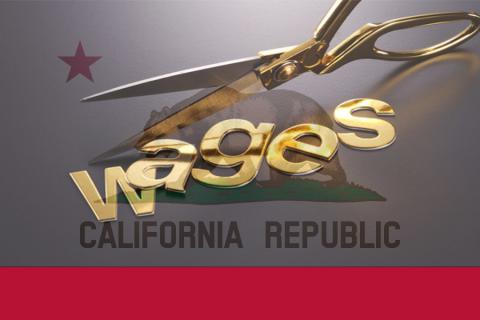
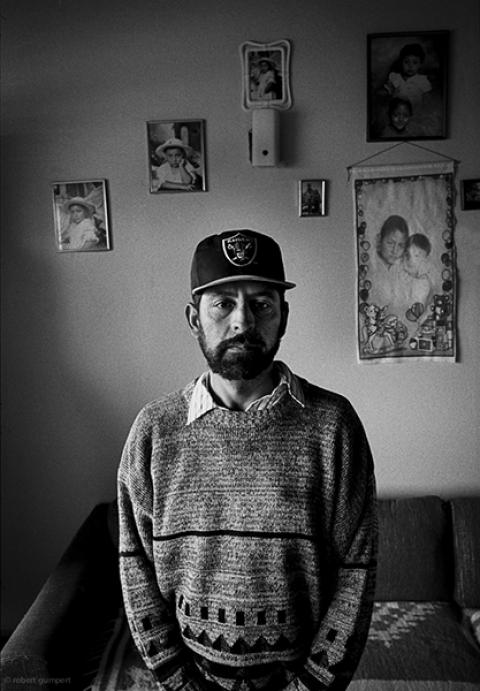

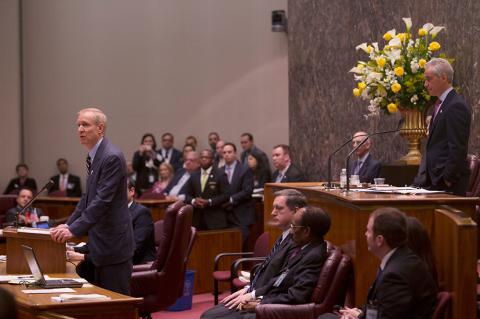
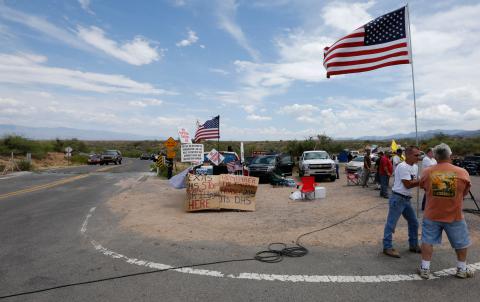
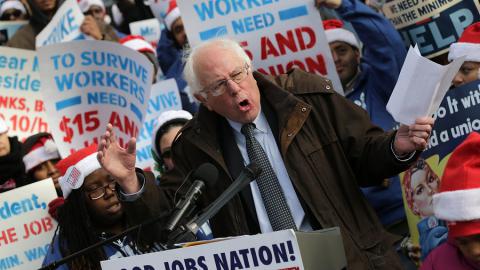

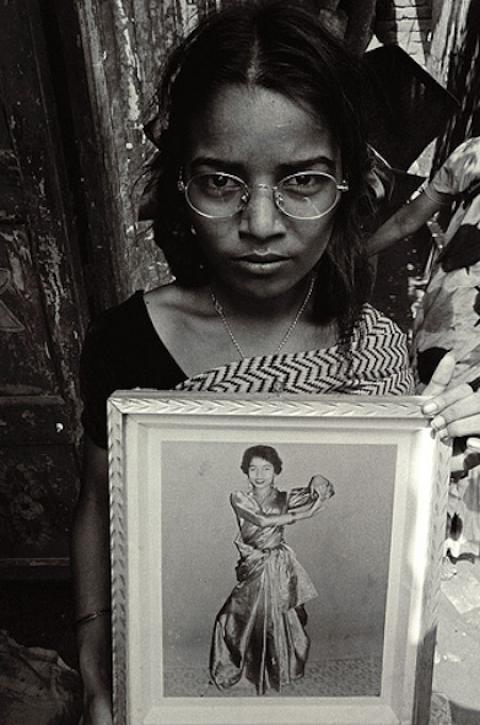
Spread the word